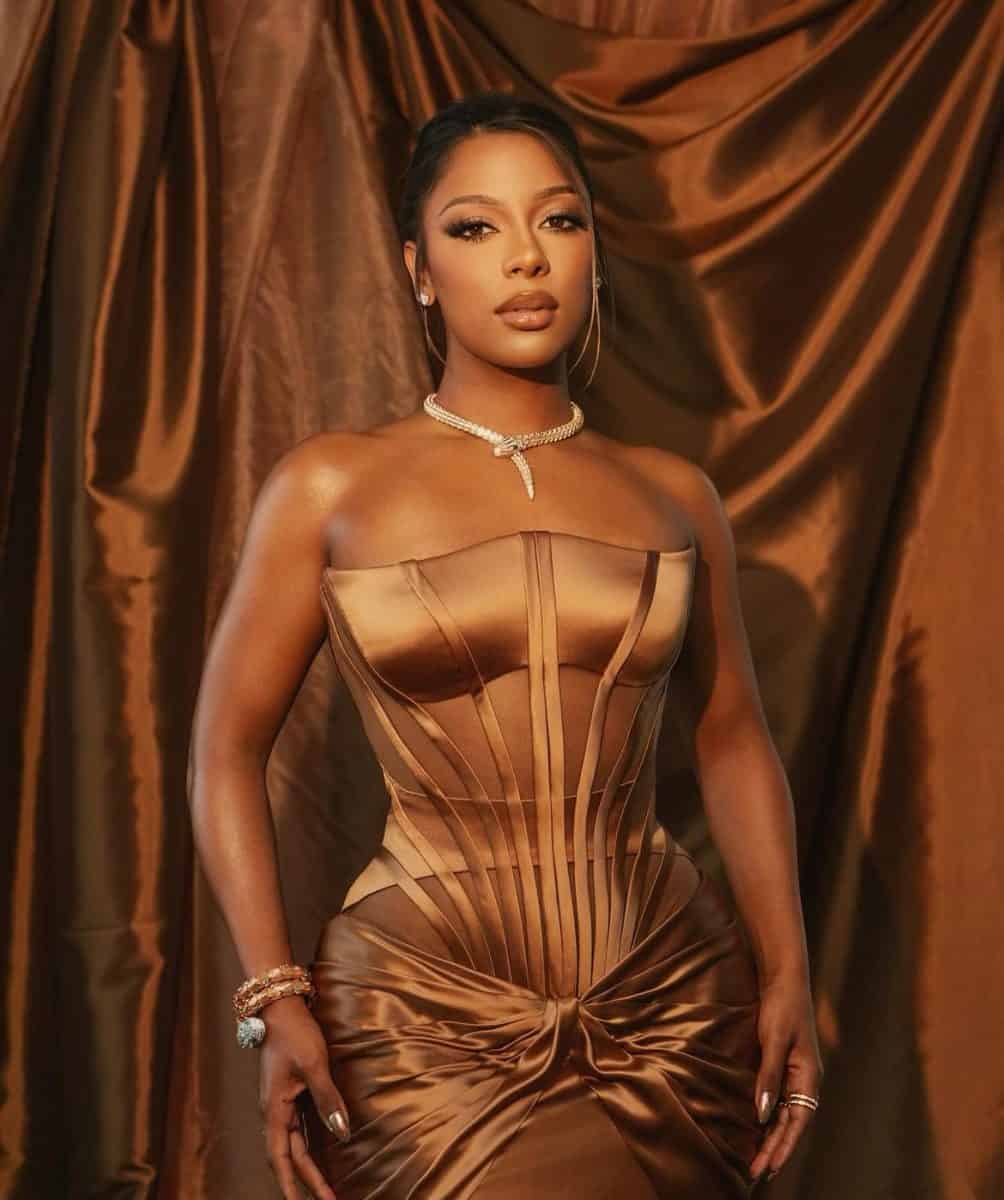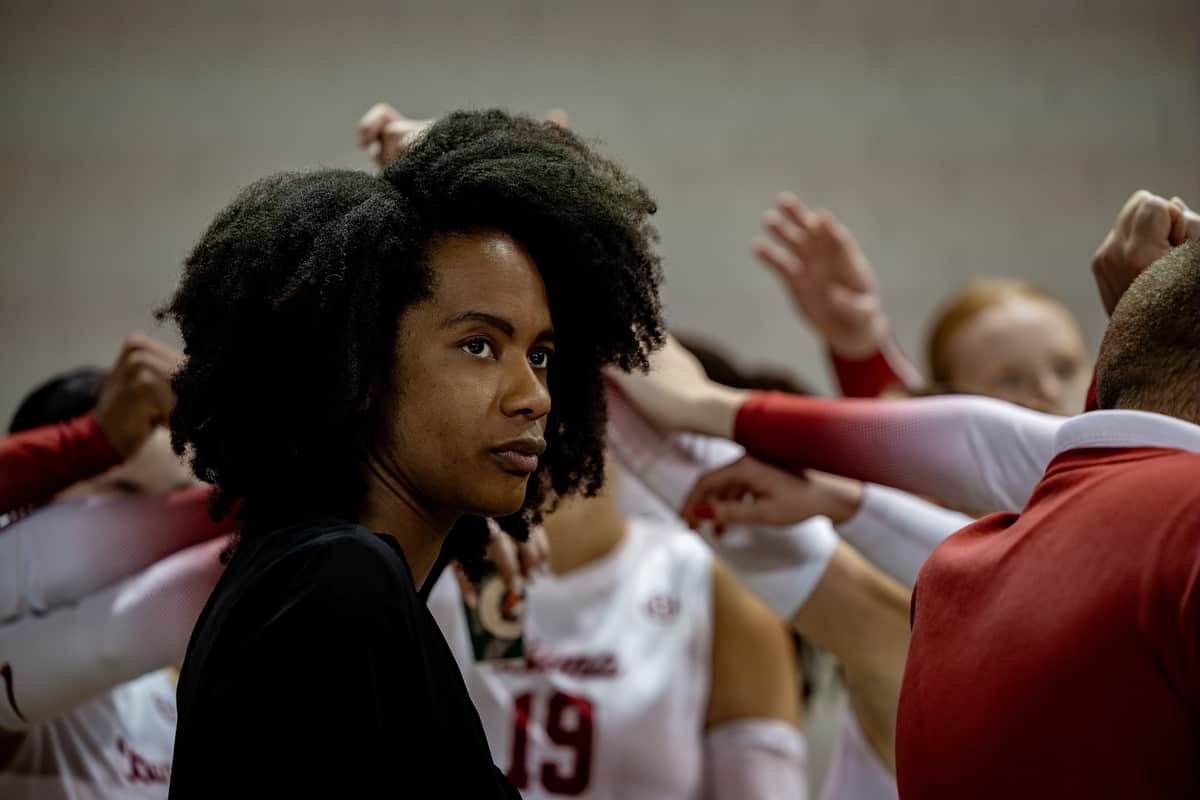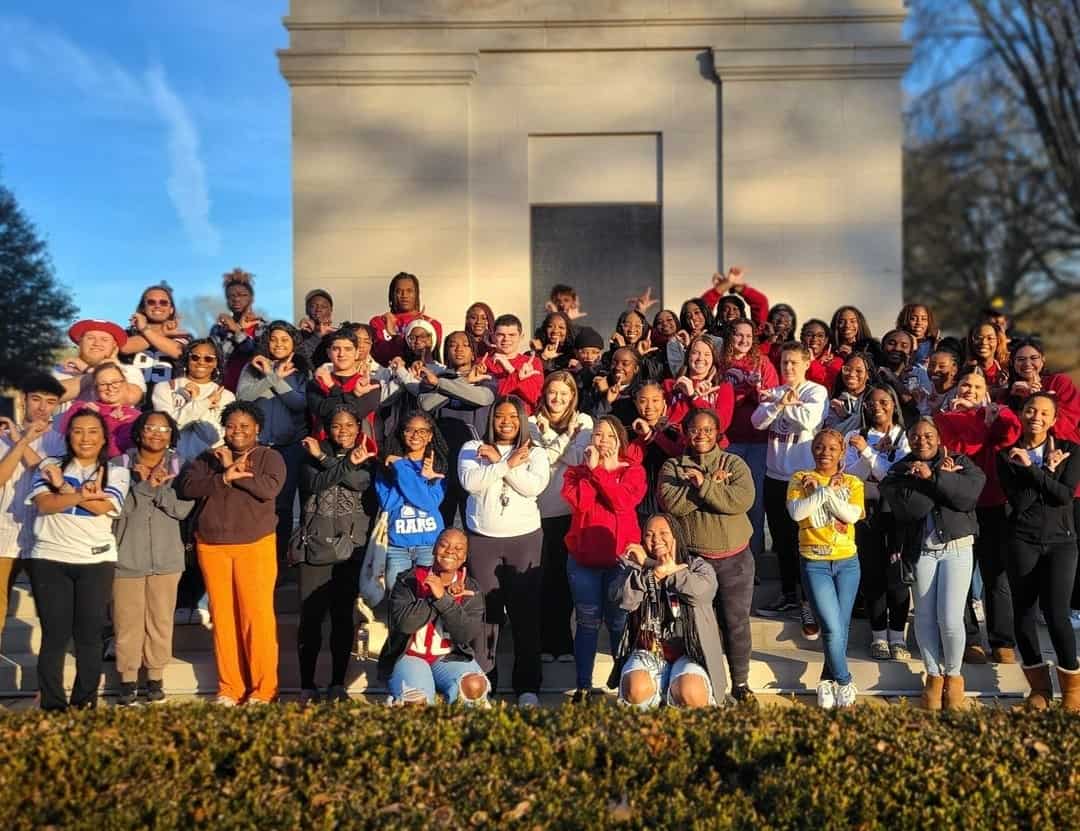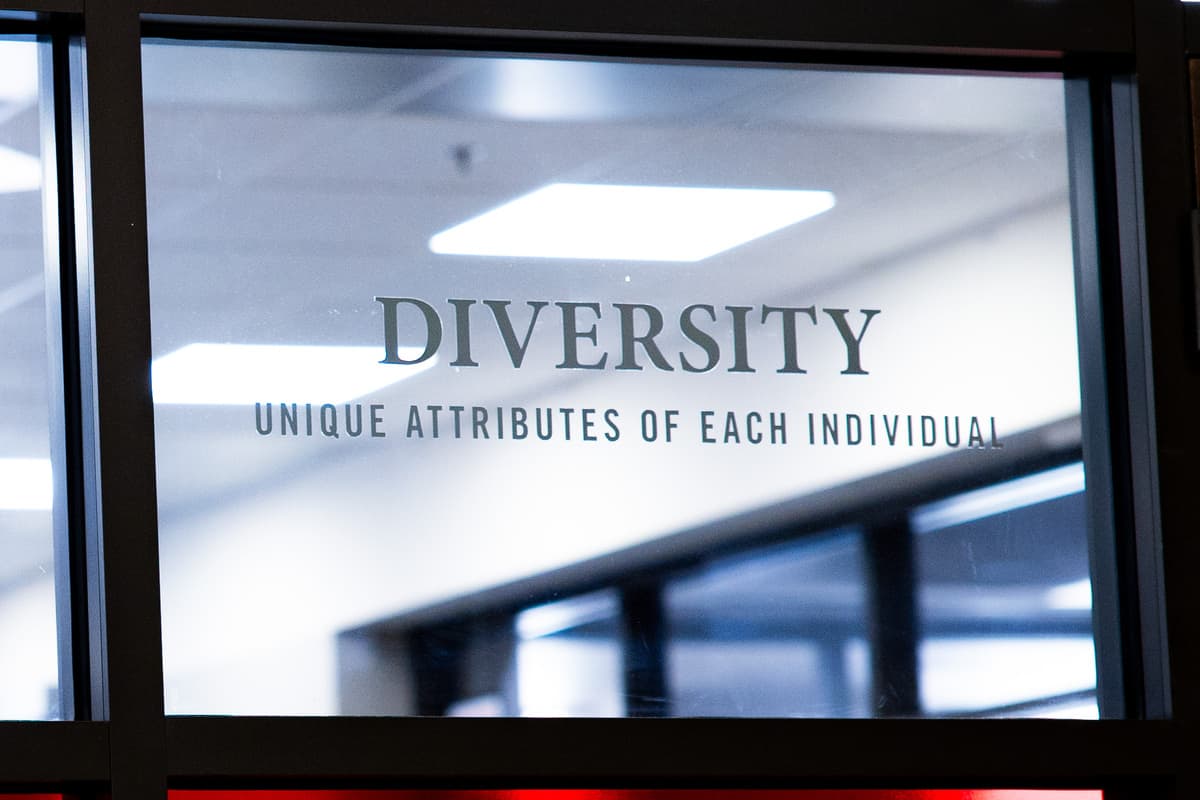Black women have seen an uptick in the recognition of the contributions they have made to music.
The recent Grammy wins for singer-songwriter Victoria Monét are monumental in an industry that has not always recognized the talents of Black women. Her award for best new artist earlier this month served as a culmination of a 15-year effort from the Atlanta-born singer.
“I just want to say to everybody who has a dream, I want you to look at this as an example,” Monét said in her acceptance speech. “I like to liken myself to a plant, and I feel like today I’m sprouting, finally above ground.”
Even in genres not dominated by Black women, they are still heavily involved in the process either literally or by influence. Many mainstream pop stars like Ariana Grande have been influenced by and work with Black women to make their music come to life.
Monét is one of Grande’s most frequent collaborators, penning songs like “7 Rings,” “Thank U, Next” and “34+35” with the singer. She has finally stepped into the limelight, creating a space in music for herself.
Genres such as R&B and hip-hop have been heavily influenced by Black women, even though these genres have historically been dominated by men. From ’60s artists such as Aretha Franklin and the Supremes, to ’90s hitmakers like Whitney Houston, Janet Jackson and Mariah Carey, Black women have continued to emerge as influential figures and trailblazers for upcoming generations.
Allisyn Freeman, a freshman majoring in news media and member of the Million Dollar Band, has drawn inspiration from Black female musicians in every aspect of her life. She said Black women are forced to go the extra mile to gain the recognition they deserve.
“I feel like society is always praying on Black women’s downfall because they don’t want to see us win or do well,” Freeman said. “I think that something that’s promoted is not our strengths, but what can be perceived as our weaknesses. But honestly, I think that makes us stronger as Black women, because we’ve never had anybody rooting for us, we’ve had to do it ourselves.”
Breona Brogan, a sophomore majoring in psychology, spoke candidly about her thoughts on the current state of R&B music and its trajectory. “I think since like 2010, the genre of R&B has evolved,” Brogan said. “I think it’s moving more towards like a storytelling type of R&B.”
She likened music to fashion in the way that it repeats itself and that essentially modern R&B is hearkening back to themes and sounds that used to be more prevalent in the past and how pleased she is with this. “I think that it’s finally getting back on the right track and I think there are the artists that are needed to be there to do so.”
While Black women may be widely known for their contributions to R&B, hip-hop and soul, their artistry can hardly be relegated to those three genres. Their presence can be found in pop, folk, country, punk rock and many other genres.
Black female artists like Ohio native Tracy Chapman, who has been a mainstay in the music industry for decades, mainly known for her folk/blues rock sound, have seen a resurgence in the last few months.
Chapman graced the Grammys stage this year and performed her wildly popular song “Fast Car” with Luke Combs. The 35-year-old song recently skyrocketed back into the Billboard Hot 100 charts for the first time since its 1988 release, sitting at No. 42.
Beyoncé, a pillar of the music industry for almost three decades, has also transitioned into country music. With the release of her new songs “Texas Hold ’Em” and “16 Carriages,” she has set out on a mission to reclaim country music as a space for Black artistry.
With speculation of her forthcoming album, “Act II” — following “Renaissance” — being a country album, many country music enthusiasts have spoken out against this change. Some have even gone as far as to exclude her newest work from the category of country music.
An Oklahoma radio station, KYKC, refused to play Beyoncé on the airways, responding in an email to a fan saying, “we do not play Beyonce on KYKC as we are a country music station,” sparking backlash from fans.
Despite this, Beyoncé’s “Texas Hold ’Em” has reached the top of the Billboard country charts, making her the first Black woman to achieve this milestone.
Beyoncé is determined to highlight the roots music genres founded by the Black community.
The woes Black women face within the industry stem from both patriarchal and societal norms that enforce negative stereotypes and ideals on artists. Colorism, for example, runs rampant throughout the industry, making it difficult for darker-skinned artists to gain the success that they deserve. However, artists such as Coco Jones are changing this narrative and gaining mainstream success.
“I definitely feel like the industry for dark-skinned Black women has gotten better and better, especially since I was a young girl,” Jones said in an interview with People magazine in 2023. “And I think the more storylines and the more positions of power that are told from a woman of color’s perspective, the more opportunities [there are] for women to play those roles and to hire women that would understand those storylines.”







